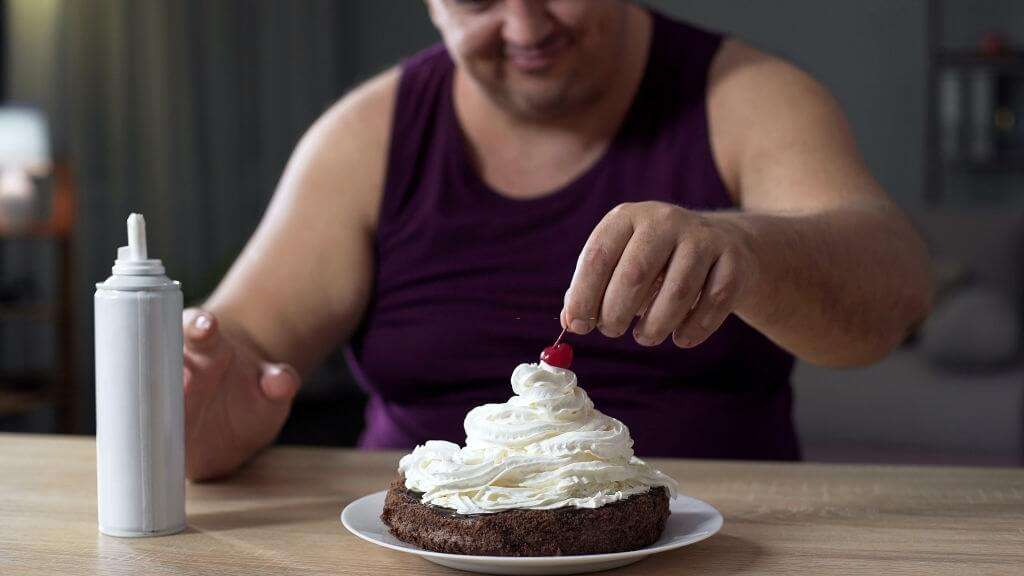Have you ever bought yogurt and the first thing you noticed on opening the container was a thin liquid layer on top? Gross, right? You were probably thinking, “How in the world did this yogurt get watery when I just opened it?” “Or is it spoilt already?” You immediately examined the packaging material for the expiry or best before date only to find out that that’s not even the problem.
While store-bought yogurt may be more convenient and easier to get, a few people prefer to make their yogurt at home. Home-made yogurts usually contain less sugar than store-bought ones and are usually healthier. Now, the thing is that both your homemade and store-bought yogurt can get watery. But before you trash that bowl of watery yogurt, won’t you like to know what makes yogurt get watery? And maybe, just maybe you won’t have to trash it after all. Let’s dive right in, shall we?
Why Does Yogurt Get Watery?
Yogurt can get watery as a result of the natural separation of the whey from the yogurt mixture. Whey is the watery, tart-flavored liquid that rises to the top of your yogurt when it sits for a little while. That is, that thin liquid layer you see on top of your yogurt is actually what is called WHEY, a by-product gotten from yogurt production especially in the production of greek yogurt.
Yogurt production involves the addition of specified bacteria cultures milk to ferment it. As the milk gets fermented and solidifies, whey is produced alongside. Although the whey is strained off (more in greek yogurt than other types), not all of it is removed. The remaining whey will start to separate while the yogurt sits in the refrigerator. Most commercial yogurt manufacturers include a stabilizer in their yogurts to help to slow down the separation process.
Why Does Yogurt Get Watery After Opening?
Sometimes, you can have your yogurt get watery after opening your yogurt container for some time. This is due to the natural separation of whey, as explained above. The longer you store your yogurt, the more likely it is to separate. Homemade yogurt will separate faster than store-bought yogurt as the latter contains a stabilizer (in most cases) which helps to slow down the separation process.
Is Watery Yogurt Bad? Is It Safe to Eat?
No, watery yogurt does not mean that the yogurt is bad. And yes, it is perfectly safe to eat separated or watery yogurt, as long as there is no indication that the yogurt might have gone bad. You can verify this by checking the expiry or best before date stamped on the package. You can also observe the odor and appearance, any off-odor, color, or texture is a cause for concern. So, unless the yogurt is expired, looks, or smells bad, you are not in any danger if you consume it.
Always make sure to buy properly stored (refrigerated) yogurt and store them properly in your home too.
How To Fix Watery Yogurt
Well, there is no big fix you can give to watery yogurt other than a good stir with your spoon. However, you can pour the whey off and continue eating your yogurt if you don’t care about its nutritional benefits or it looks so gross to you.
How To Prevent Watery Yogurt
Some commercial yogurt manufacturers include a stabilizer in their yogurts to help to slow down the separation process, as an attempt to avoid the problem of watery yogurt. This action, however, is not one of safety but one of the customers’ perceived quality.
Is Yogurt A Solid Or Liquid?
Yogurt is a semisolid. It cannot be specifically categorized as a liquid or solid.
Read also: Is Yogurt, Ice Cream, Slime, And Jelly Solid or Liquid?
Does Greek Yogurt Separate When Heated?
Yes, Greek yogurt separates and curdles when heated at high temperatures. When non-fat yogurts like Greek yogurt are cooked at high heat, the milk proteins begin to break apart, and because there is little or no fat to protect the proteins from the effects of the heat, the yogurt starts curdling, making your dish look like it has little lumpy bits of yogurt in it. Although the food may not look appealing, it is still edible.
You can avoid Greek yogurt curdling in the following ways:
- Let the yogurt warm to room temperature before you start cooking with it. Before adding it to your dish, temper the yogurt by stirring a small amount of the hot liquid into the yogurt, and then you add the entire mixture back to the pot. This gentle introduction to the heat reduces the chances of the yogurt curdling or separating.
- Mix a little cornstarch into the yogurt. This will prevent the yogurt proteins from curdling excessively.
- After adding yogurt to your dish, cook at lower temperatures to reduce the rate at which your yogurt will curdle.
Alternatively, you can use full-fat yogurt if your dish allows it. Although, non-fat greek yogurt gives your dish that delicious richness, having more fat in the yogurt helps to reduce the problem of curdling.
Read also: Does Seaweed Salad Go Bad?
Are There Any Benefits in Taking Yogurt Water?
Yes, there are benefits to taking yogurt water. Yogurt can be a staple in a healthy diet, providing you with a good source of protein, calcium, potassium, and vitamin D. Yogurt water (whey) is a constituent of yogurt and it also contains some of the milk’s nutrients, including protein, calcium, and vitamin D.
It is also a good source of probiotics just like the solid yogurt. I’d say, rather than throwing watery yogurt away or getting rid of the liquid, you can simply stir it back into the solid yogurt (it makes the yogurt even creamier) or save it for a smoothie or soup.
So now you know that, not only can your yogurt get watery before or after opening, the ‘water’ is not in any way harmful. All you need do is to stir the whole content or mix with your spoon and you’re good to go. I’m glad I was able to help clarify things; it’d be a shame to see your delicious treat go to waste unnecessarily.





